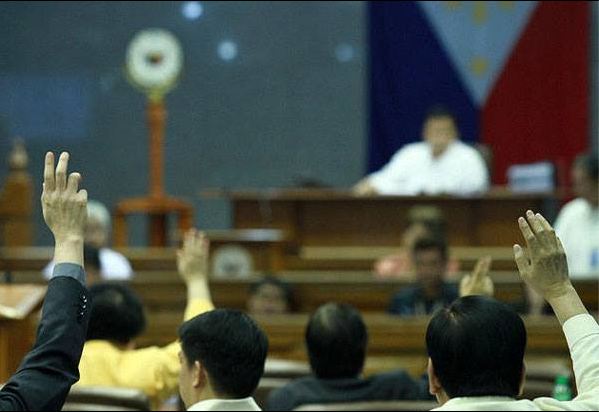The International Union of Socialist Youth (IUSY) strongly condemns the passage of the death penalty bill in the Philippine House of Representatives. Aside from being intrinsically flawed and illegal, the bill is a setback in the overall fight for freedom, social justice, and human rights and dignity across the world.
The death penalty is anti-poor. It systematically targets small-time drug peddlers forced into the industry by poverty and inequality. It disregards the rights of victims of substance abuse to seek rehabilitation and rebuild their lives. It endangers the lives of thousands of innocent individuals who may be misidentified or framed by the incompetent and corrupt police force.
Once under detention, poor Filipinos do not have the financial resources to hire the services of competent lawyers. Court cases can take years. Furthermore, mistakes in convictions in the Philippines are not unusual. No less than the Philippine Supreme Court acknowledged in 2004 that the judicial error rate on death penalty cases was 71.77 percent.
The reimposition of the death penalty in the Philippines will affect the marginalized members of society the most, not the drug lords who have since fled the country or the corrupt politicians who pocket the money of Filipino taxpayers.
The death penalty solves nothing. There is no compelling reason to re-impose capital punishment, particularly for drug-related offenses. Across the world, there is a growing consensus that it is the assurance of being caught and prosecuted—not the degree of penalty—that deters individuals from committing crimes.
Moreover, in the Philippines, crimes are largely a result of poverty. One of five Filipinos lives below the poverty line. Millions do not have access to quality, accessible, and relevant education. The labor sector is beset by high unemployment rates, low wages, lack of tenure, and other unfair labor practices. These factors, along with neoliberal economic policies, trap people in a vicious cycle of intergenerational poverty.
Legislation to boost the economy and provide opportunities and protection to everyone should be the priority of the government, not death to victims of circumstance.
The passage of the death penalty bill did not undergo due process. The time for Congressional debates was considerably short while voting for the bill was railroaded. Opposing lawmakers were threatened with sanctions, from being stripped of their committee chairpersonships to having their congressional districts defunded.
This is undemocratic. A vibrant, functioning democracy provides a platform for discourse and dissent. As a co-equal branch, it must be ready to act as a check-and-balance to the excesses of the Executive branch. The current Philippine House of Representatives has, sadly, become a rubber stamp to President Rodrigo Duterte’s undemocratic policies.
The death penalty is a setback to the global campaign for human rights. The passage of the bill will have far-reaching effects beyond Philippine borders. The Philippines is a signatory to several international treaties and conventions that prohibit the reimposition of the death penalty. For years, Southeast Asian countries have looked towards the Philippines in their own struggle to eliminate the death penalty in their respective jurisdictions.
The underlying message that there is a need to bring back the death penalty to curb the presence of illegal drugs will effectively derail the headway made by civil society organizations in countries like Malaysia and Indonesia.

